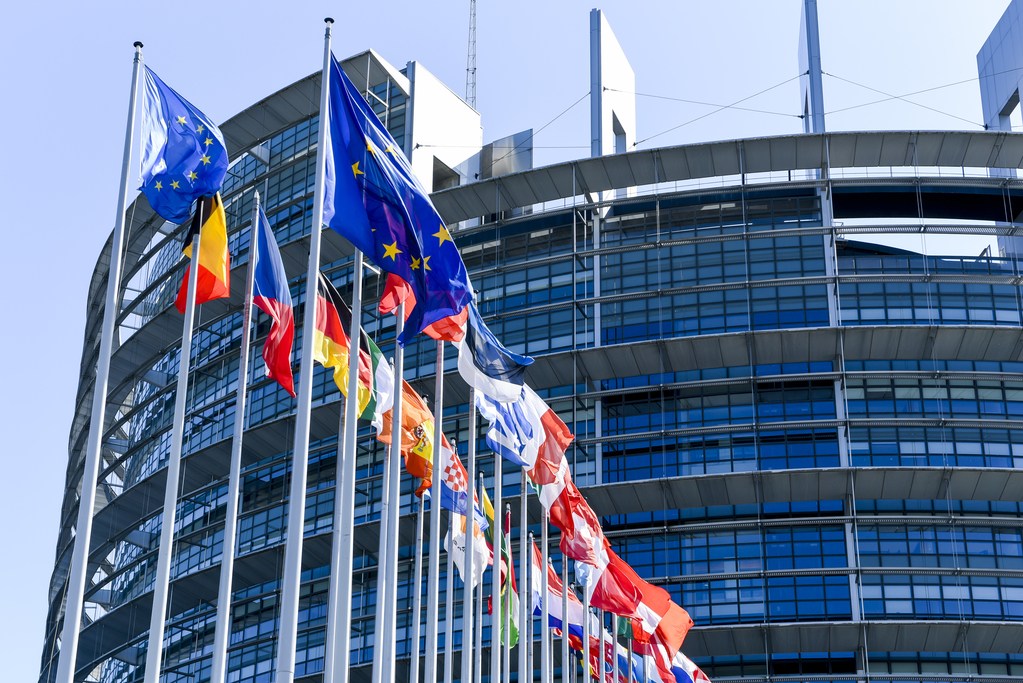The European Parliament has called on Belgian authorities to step up actions against domestic espionage as part of the bloc's fight against foreign interference in EU democratic processes.
A recent report stressed that foreign interference attempts across the world are increasing and becoming more sophisticated with the help of artificial intelligence (AI), efforts that are further strengthened by the presence of foreign infiltration of EU institutions. It specifically targeted Belgium to update its espionage framework.
"We call on the Belgian authorities to review and update the domestic anti-espionage framework to enable effective detection, prosecution and sanctioning of offenders," the report of the European Parliament resolution, published on Wednesday, stated.
Espionage here refers to the reported cases of foreign infiltration among the staff of the EU institutions, including high-level politicians and officials who take on positions in foreign national or private companies that are state-controlled by countries active in espionage in "exchange for their knowledge regarding the EU and its Member States."
'No longer at peace'
From espionage to disinformation campaigns and foreign financing of political parties hostile to the European Union, MEP Raphaël Glucksmann, who chairs the committee overseeing the report, stressed that foreign interference is becoming more common.
"These attacks are systematic and put us in an uncomfortable position. We are not at war, but we are no longer at peace either. They blur all the boundaries that, until now, structured our thinking," he said during parliamentary debates.
9/10 Surtout, nous devons mettre fin à la corruption - financière et morale - qui mine nos cités. Comment avons-nous pu accepter que tant de chefs de gouvernement, de ministres, de hauts fonctionnaires européens aillent travailler pour les intérêts russes, chinois ou qataris ?
— Raphael Glucksmann (@rglucks1) March 9, 2022
Tweet translation: "We must put an end to the corruption - financial and moral - that undermines our cities. How could we accept that so many heads of government, ministers and senior European officials go to work for Russian, Chinese or Qatari interests?"
The report included a list of nine former EU politicians with links to countries that are particularly active in the field of elite capture and co-optation, "in particular Russia and China, but also Saudi Arabia and other Gulf countries."
Former Prime Minister of Belgium Yves Leterme was included in the list in light of him being Co-Chair of the Chinese investment fund ToJoy. Ex-German Chancellor Gerhard Schröder and Finland's former Prime Minister Paavo Lipponen were also named, as they reportedly both joined Gazprom to "speed up the application process for Nord Stream 1 and 2."
According to Belgium's State Security Service, which oversees the mapping of foreign intelligence officers or spies, told De Standaard it had "already identified many cases of attempted interference by foreign services of very different origins, not only from the usual suspects."
Related News
- State security to invest millions and double its personnel
- European Parliament calls for ban on ‘golden passports’
However, the Council, the Commission and the Parliament each have their own service overseeing this task, which is why developing a streamlined policy on counter-espionage has been difficult.
Tightening rules and measures
The committee called on Parliament’s governing bodies to "improve security clearance procedures for staff," many of which date back to the 70s and 80s, and tighten rules for access to its premises to prevent individuals closely linked with foreign interests from gaining access to confidential meetings.
According to Belgium's State Security Service, some of the steps mentioned in the report are already being implemented. It is also looking to further expand its force.
It added that the Parliament's demand for easier prosecution and conviction of foreign spies is easier said than done, as there are few criminal law options to punish espionage or interference. Instead, it focuses on preventing and advising.

